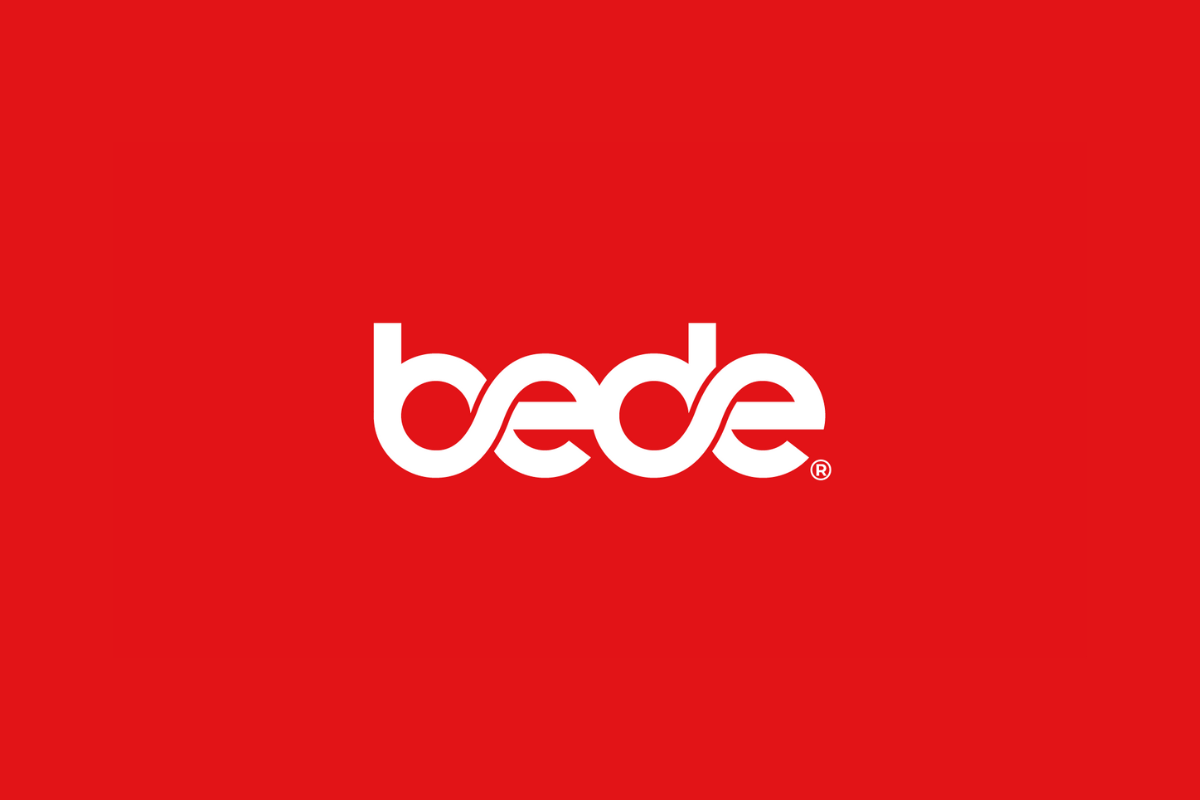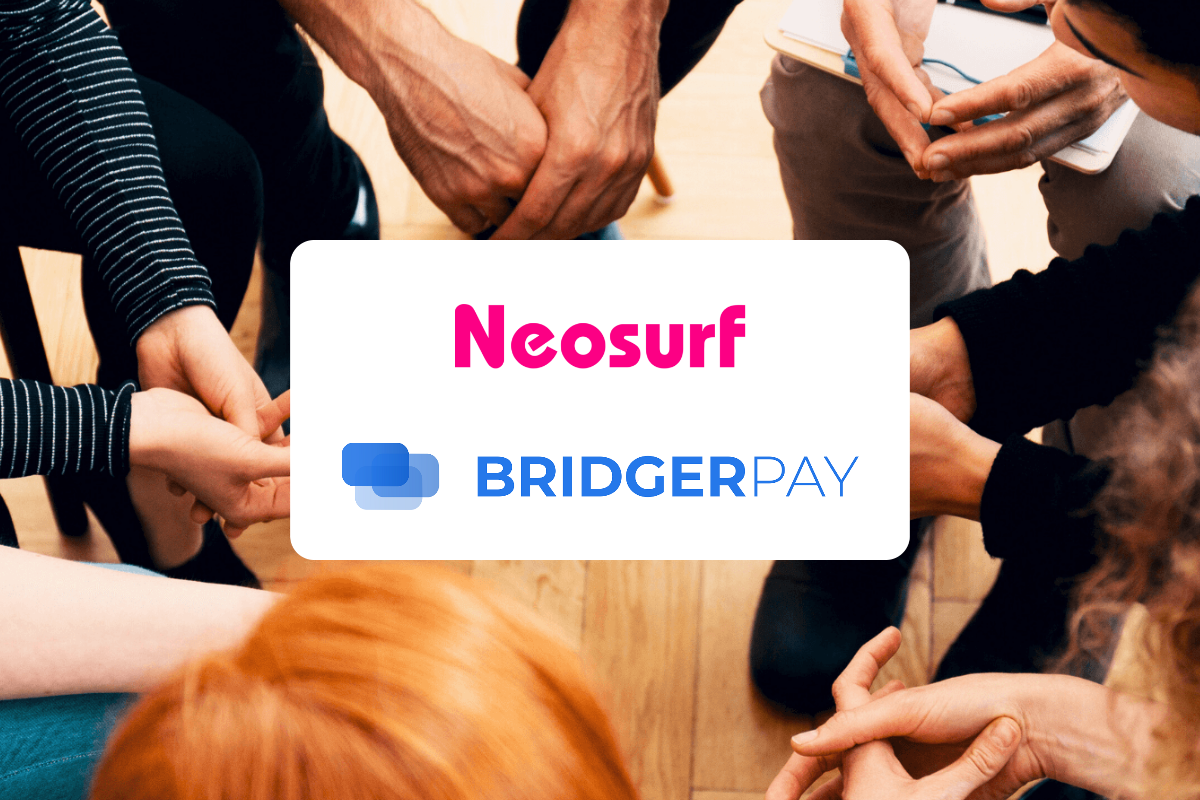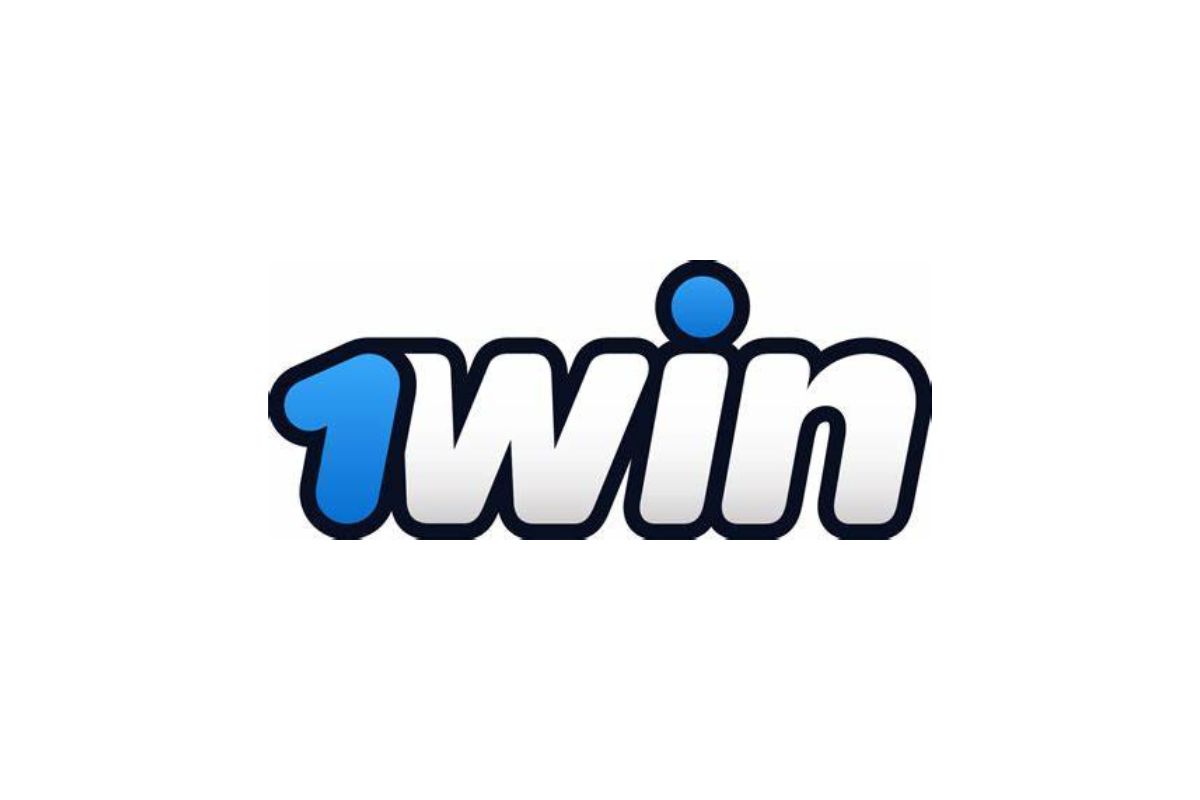Latest News
RegTech in iGaming: Real-Time Risk Scoring from Onboarding to Payout
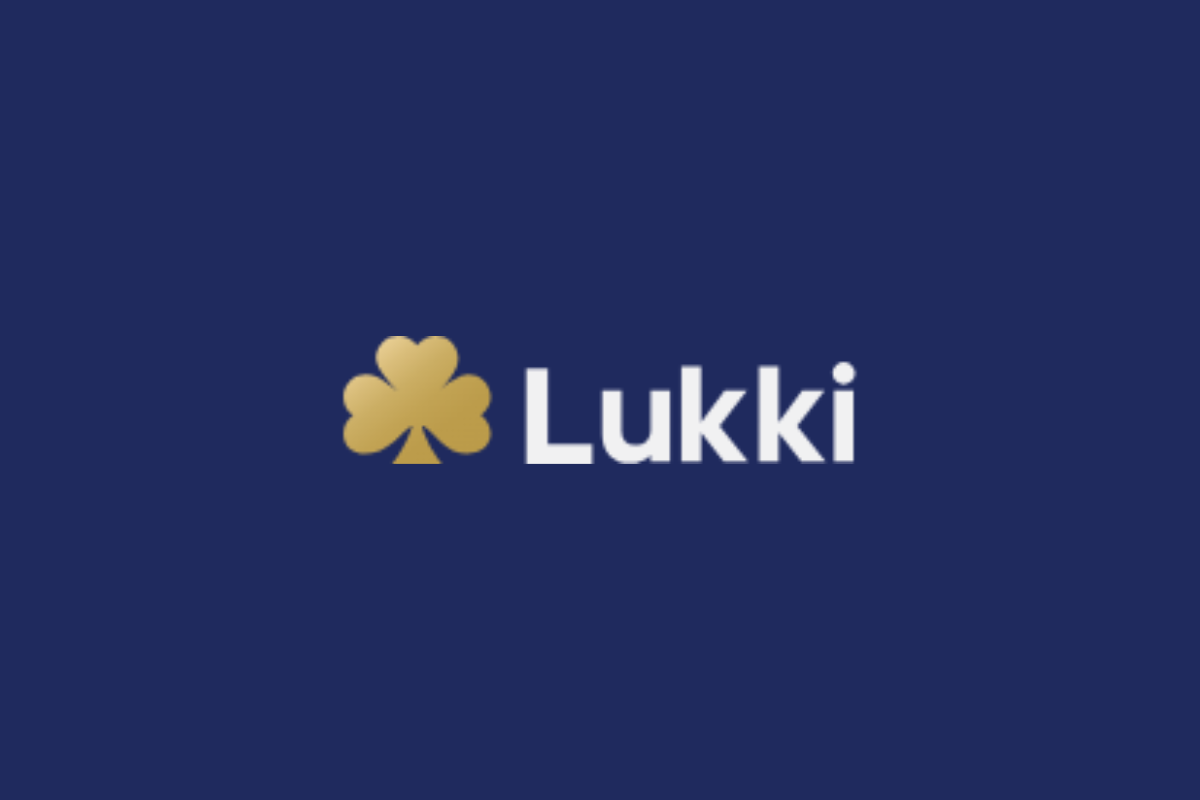
Reliable compliance tools have become the backbone of modern online casinos. Within the first few clicks, an operator must know whether a new customer is a genuine player or a potential threat. One real business example is Lukki Casino is operated by Just Entertainment B.V. (Reg. No. 160603), which has embraced regulatory technology, or RegTech, to keep its lobby safe. Fans of slots who crave an online casino iceland option that promises a generous bonus have seen how strong controls make game time smoother. By linking customer data, transaction patterns, and behavioral signals in real time, RegTech gives operators instant risk scores. Those scores guide every decision, from allowing a new account to releasing a big payout. This article explores how the process works, why it matters, and which tools turn raw data into clear pass-or-fail results. It will also show the benefits for players, gambling firms, and regulators alike, covering each step of the journey from sign-up to cash-out.
What RegTech Means for iGaming Operators
A few years ago, compliance teams relied on manual checks and slow databases. RegTech changed that approach. The term joins “regulation” and “technology” to describe software that helps businesses meet legal rules without delay. In iGaming, those rules include anti-money-laundering laws, know-your-customer standards, and age verification. Some markets, like the United Kingdom, also demand affordability checks that ask whether a player can responsibly afford the wager being placed, adding another layer of sensitive data to process. By automating these tasks, RegTech cuts both cost and error. An operator can feed passport scans, address documents, and phone metadata into one engine. Within seconds it returns a pass, fail, or review flag. The same system keeps a time-stamped audit trail for inspectors. This speed matters because gamblers expect instant play. If sign-up takes too long, they leave. Regulators, on the other hand, now fine brands that skip proper checks. As a result, RegTech has moved from a “nice to have” to a basic survival tool. It allows firms to open accounts fast, keep bad actors out, and prove every step later when asked by authorities.
How Real-Time Risk Scoring Works
Real-time risk scoring is the engine room behind most RegTech suites. It combines live data feeds with preset rules and machine learning models. When a player clicks “register,” the system collects device details, IP location, past chargeback records, and known fraud lists. Each factor has a weight. A high-risk VPN might add twenty points, while a verified national ID might subtract ten. The score updates after every action: deposit, game, withdrawal request, even chat messages. If the number crosses a set threshold, the account may enter a “review” state. Staff can then ask for extra documents or freeze funds. Because the process is continuous, criminals cannot simply behave well at sign-up and cheat later. The system keeps watching. Operators also feed back final case outcomes, such as confirmed fraud or false alarms, so the model learns over time. The same dashboard can display a heat map of live scores, letting supervisors spot suspicious spikes across games or regions and act before damage spreads. In short, real-time scoring turns scattered signals into one clear traffic light for the support team.
Key Technologies Powering the Process
Several modern technologies sit under the hood of a strong RegTech stack. First comes optical character recognition, or OCR. This tool reads passports or driving licenses and pulls text without a human operator. Second, biometric matching checks if the face on the selfie matches the ID photo. Liveness tests, such as a blink or head turn, stop criminals from using a paper mask. Third, device fingerprinting notes screen size, browser plugins, and battery levels. Fraud rings often recycle equipment, so matching fingerprints reveals linked accounts. Fourth, blockchain analytics track cryptocurrency deposits. The chain may seem anonymous, yet risk engines can flag wallets tied to dark-web markets. Finally, cloud-based orchestration connects all of these checks. An iGaming firm can plug in a new vendor with an API call and route only high-risk users for deeper screening. This modular approach keeps costs low and lets the business adjust quickly when laws or fraud tactics change.
Benefits for Every Stakeholder and the Road Ahead
When risk scores run in real time, each stakeholder gains something valuable. Players enjoy quicker sign-ups and faster payouts because the system has already done the heavy lifting. Honest customers also face fewer repeat document requests, making the gaming session smoother. Operators cut chargeback fees, reduce manual review hours, and avoid painful fines. A single failed audit can remove a license; automated logs offer clear proof that every rule has been followed. Regulators, for their part, receive cleaner data streams and can spot industry-wide trends, such as emerging fraud rings or risky game types. Looking forward, experts expect wider use of artificial intelligence to predict intent, not just react to actions. Privacy-preserving tech, such as secure multiparty computation, may allow operators to share risk data without exposing personal details. As laws grow stricter and fraudsters get smarter, continuous scoring will move from best practice to universal standard, shaping a safer iGaming world.
-

 Asia4 days ago
Asia4 days agoDigital gaming disruption tackled in 1st AsPac Regulators’ Forum
-
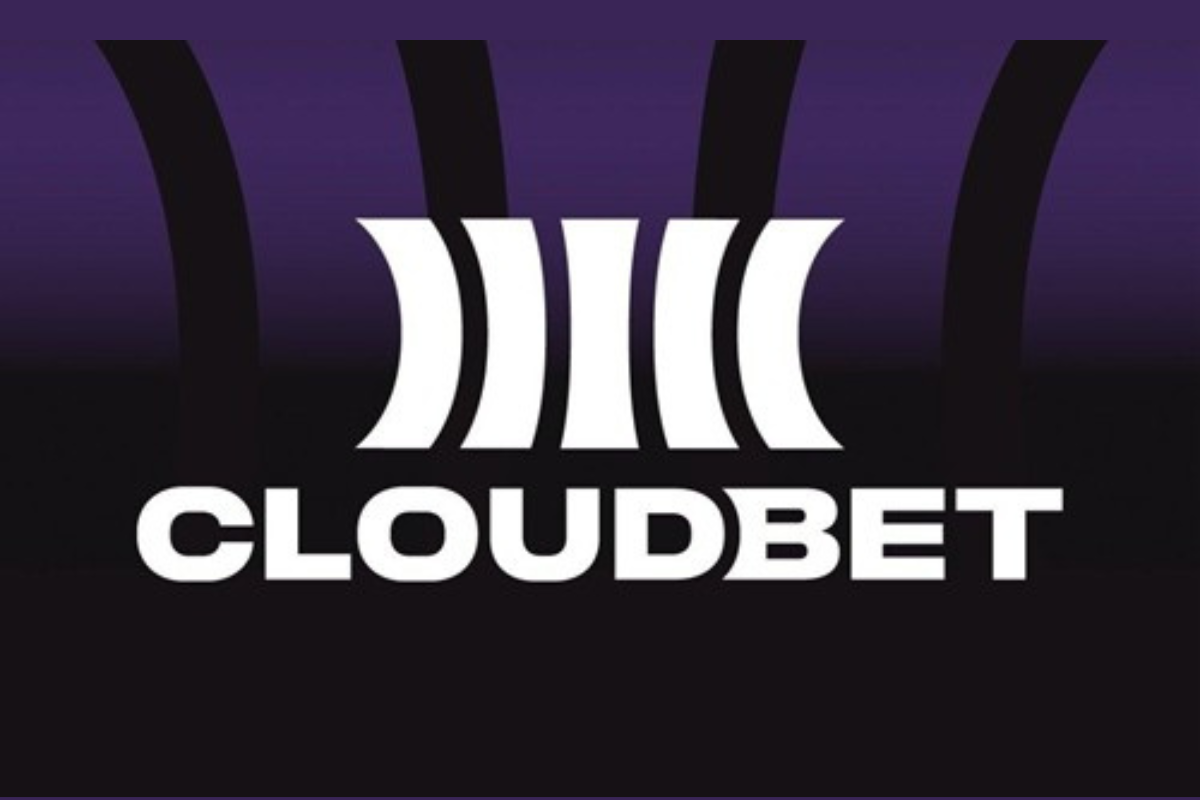
 Latest News7 days ago
Latest News7 days agoCloudbet maps regional betting trends in August–September 2025
-

 Asia7 days ago
Asia7 days agoPAGCOR chief pushes for stricter regulation, not online gaming ban
-

 Conferences in Europe7 days ago
Conferences in Europe7 days agoStrategies that Scale: Evoplay’s Alex Malchenko on Cracking the Code of Localised iGaming Success
-

 Conferences in Europe7 days ago
Conferences in Europe7 days agoNew Gamification Academy at SBC Summit to Present Fresh Approaches to Player Engagement
-

 Asia6 days ago
Asia6 days agoBGCS and BGMS league stages conclude; rising stars set to meet pros in the playoffs
-

 Latest News6 days ago
Latest News6 days agoHigh Roller Technologies and Flows partner to launch player engagement experiences, with technical integration complete in record time
-

 Central Europe6 days ago
Central Europe6 days agoFootball Stats Startup Challenges Multi-Million Company With Free Publication Of Blueprints






